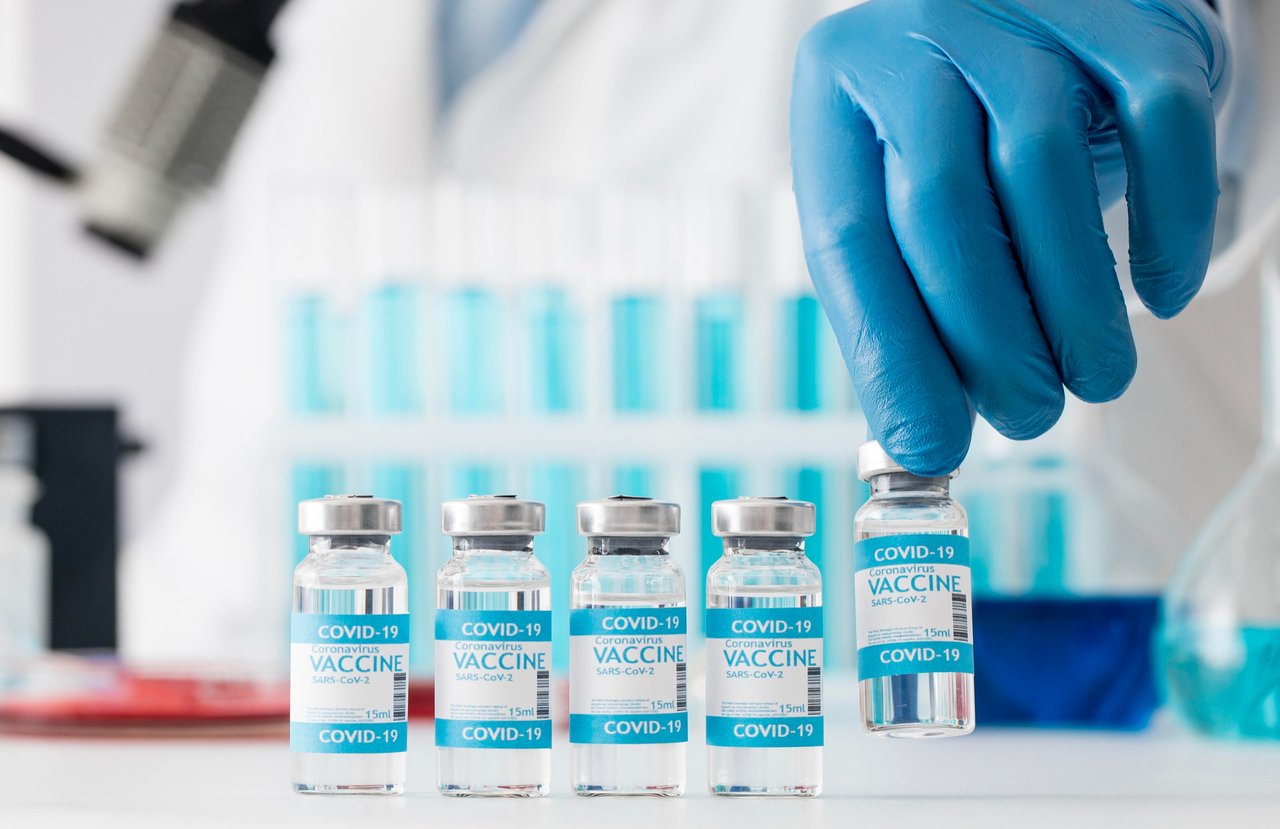Top Companies in the Recombinant Vaccines Market
0 comments

The global recombinant vaccines market size was valued at USD 10.82 billion in 2019 and is projected to reach USD 25.32 billion by 2027, exhibiting a CAGR of 11.3% during the forecast period. North America dominated the global market with a share of 45.93% in 2019.
The Recombinant Vaccines Market is experiencing significant growth, driven by advancements in biotechnology, rising demand for effective immunization solutions, and global efforts to combat infectious diseases. Recombinant vaccines, known for their precision and reduced side effects, are revolutionizing the field of vaccinology. This article delves into key market trends, leading companies, and the future scope of this transformative industry.
Get More Insights and FREE sample PDF: https://www.fortunebusinessinsights.com/industry-reports/recombinant-vaccines-market-101935
Top Companies in the Recombinant Vaccines Market
GlaxoSmithKline plc. (U.K, Europe)
Merck & Co., Inc (New Jersey, U.S)
Dynavax Technologies (California, U.S)
Pfizer Inc (New York, U.S)
Sanofi S.A (France, Europe)
Serum Institute of India Pvt. Ltd (India, Asia Pacific)
Novartis AG (Switzerland, Europe)
Other Prominent Players
The market is dominated by GlaxoSmithKline plc and Merck Co., Inc. due to their strong vaccine portfolio and implementation of key distribution strategies in developed as well as developing nations. GSK has a strong portfolio of vaccines against human papillomavirus, hepatitis B, rotavirus, and others. GSK’s Shingrix vaccine indicated against herpes zoster is currently leading as the company’s top-selling vaccine. Likewise, Merck Co., Inc. also has an effective recombinant vaccine portfolio in competition with GSK’s portfolio. The company’s top-selling vaccines Gardasil and Gardasil 9 are contributing to the leading position of Merck.
Moreover, the company is focused on launching novel vaccines in the market against complex viral diseases. Recently, Merck received USFDA approval for its Ervebo vaccine indicated against the Ebola virus. Ervebo is also the world’s first Ebola virus vaccine. The rising competitive tension between key players, coupled with challenges in launching effective vaccines, will boost the market players to introduce novel vaccines.
Market Drivers and Restraints
Key Market Drivers
Rising prevalence of infectious diseases globally, driving vaccine adoption.
Advancements in recombinant DNA technology, enhancing vaccine efficacy and safety.
Increased government funding and global immunization initiatives.
Growing focus on personalized vaccines for specific populations.
Expanding pharmaceutical R&D investments for innovative vaccine development.
Market Restraints
High production costs and stringent regulatory requirements.
Limited awareness and accessibility in low-income regions.
Challenges in cold chain logistics for vaccine storage and distribution.
Market Report Coverage
The market report offers an in-depth analysis of the recombinant vaccines industry, covering emerging trends, competitive strategies, market segmentation, and technological innovations. It also highlights regional market insights, providing a comprehensive understanding of growth opportunities worldwide.
Market Competitive Landscape
Leading companies such as GlaxoSmithKline, Merck, and Sanofi are at the forefront of the recombinant vaccines market. These companies are investing in advanced R&D, strategic collaborations, and product launches to strengthen their market position. For instance, the development of subunit recombinant vaccines is gaining traction due to their targeted approach and improved safety profiles.
Market Segments
The market is segmented by vaccine type, with the subunit recombinant vaccines segment expected to lead during the forecast period. Subunit vaccines, which use specific protein antigens to stimulate an immune response, are gaining popularity for their reduced risk of adverse reactions compared to traditional vaccines. Their applications span a wide range of diseases, including Hepatitis B, HPV, and meningococcal infections.
Market Regional Insights
The recombinant vaccines market demonstrates substantial growth potential across various regions:
North America: Leading the market with advanced healthcare infrastructure, significant R&D investments, and government support for immunization programs.
Europe: Experiencing growth driven by strong pharmaceutical innovation and increased focus on vaccine-preventable diseases.
Asia-Pacific: Emerging as a lucrative market due to rising healthcare awareness, expanding vaccine production facilities, and supportive government policies.
Rest of the World: Showing steady growth through global immunization initiatives and collaborations with major pharmaceutical companies.
Future Market Scope
Development of mRNA-based recombinant vaccines for emerging infectious diseases.
Increased integration of AI and machine learning in vaccine R&D to optimize antigen selection.
Expansion of global vaccine manufacturing capacities to ensure equitable distribution.
Advancements in thermostable vaccine formulations for enhanced storage and transport.
Focus on combination vaccines to address multiple diseases with a single shot.
Conclusion
The Recombinant Vaccines Market is poised for remarkable growth, driven by technological advancements, rising global immunization needs, and the commitment of leading companies to innovation. With subunit vaccines at the forefront and future opportunities in AI and mRNA technology, the market is set to revolutionize the landscape of global healthcare. As the industry continues to evolve, recombinant vaccines will play a pivotal role in safeguarding public health and addressing emerging health challenges.
For comprehensive insights, visit the Recombinant Vaccines Market Report.
Comments